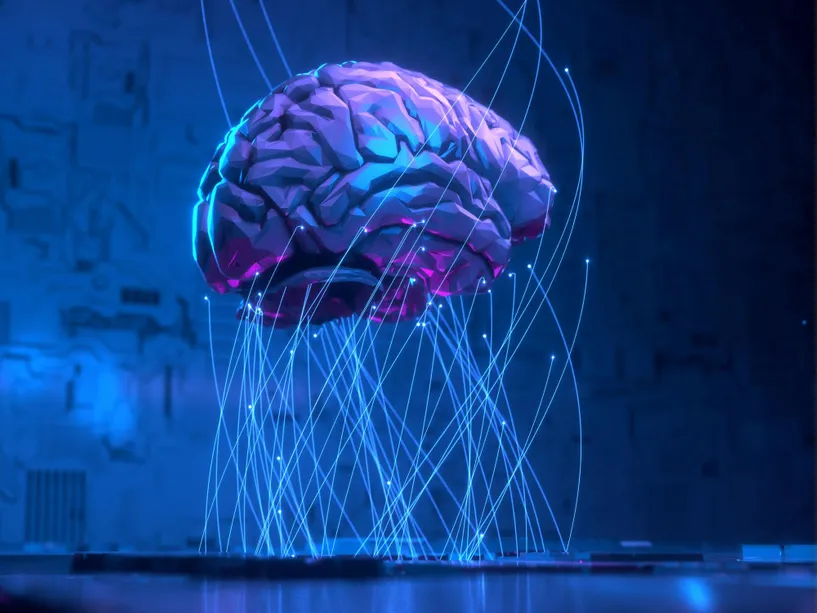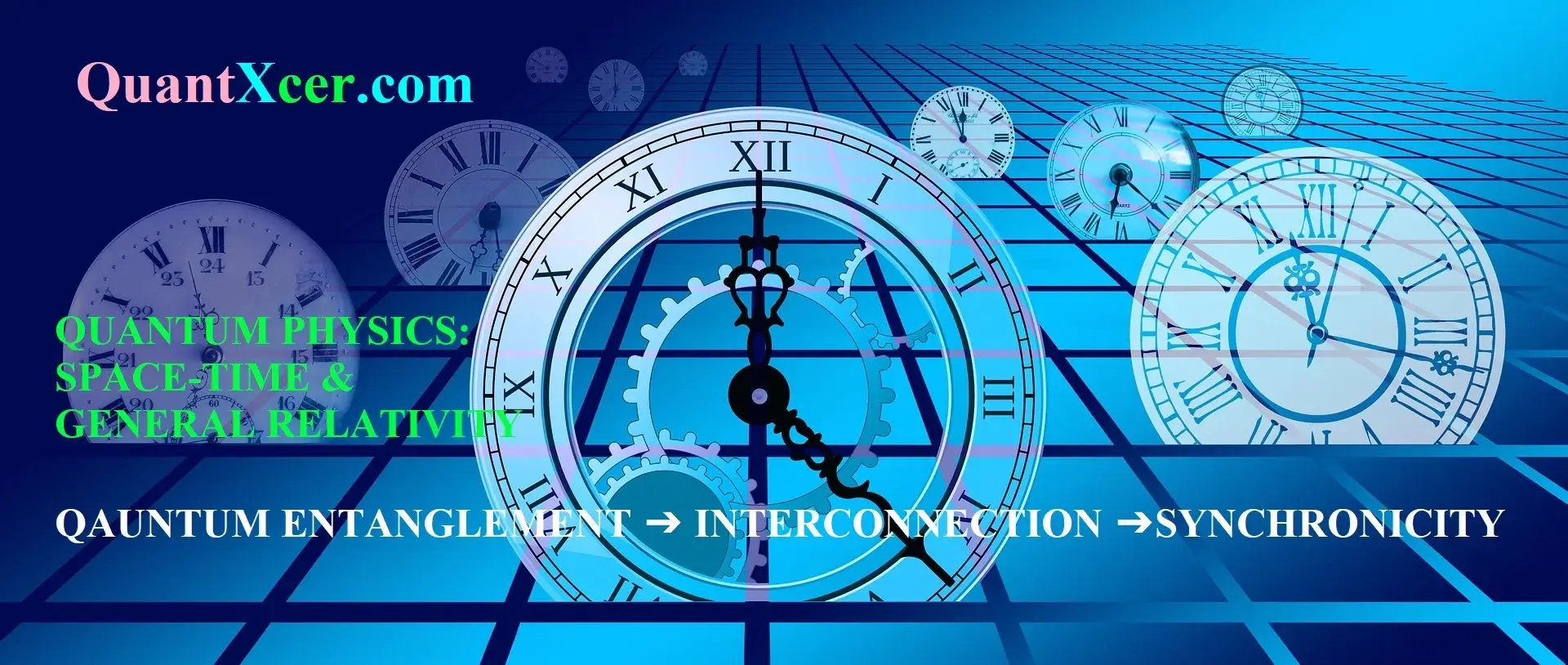Our Brains Use Quantum Computation - A Startling Experiment Shows
Using a notion created to demonstrate the presence of quantum gravity and modifying it to investigate the functioning of the human brain, scientists now believe that our brains may be capable of using quantum computation. The discovery could provide insight into consciousness, whose functioning is still not well understood by science. Another reason why humans still outperform supercomputers in unpredictable situations, decision-making, or learning new things may be due to quantum brain processes.
Researchers in consciousness studies believe that human brains could use quantum computation after repurposing an idea created to demonstrate the existence of quantum gravity to investigate the human brain and its functions.

The performance of short-term memory and conscious awareness were also connected with the brain processes that were tested in the experiment. This shows that cognitive and conscious brain activities are also influenced by quantum processes.
The researchers' findings might expand our general understanding of how the brain functions if they could be independently verified, which would probably call for cutting-edge multidisciplinary methods. The understandings might make it possible to maintain or even heal the brain. They could also contribute to the development of more sophisticated quantum computers and other technologies.
They said "We modified a concept used in experiments to demonstrate the presence of quantum gravity, in which two known quantum systems interact with a third system. The unknown must be a quantum system as well if the known systems can entangle. It avoids the challenges of locating measurement tools for an unknown quantity".
"We used the proton spins of "brain water" as the known system in our studies. 'Brain water' accumulates naturally as fluid in our brains, and MRI can measure the proton spins (Magnetic Resonance Imaging). We then discovered MRI signals that resemble heartbeat-evoked potentials, a type of EEG signal, by employing a particular MRI design to look for entangled spins. Some people may be familiar with electrical brain currents measured by EEGs from personal experience or simply from watching hospital dramas on television".
The researchers believe they were only able to discover electrophysiological potentials-like the heartbeat-evoked potentials-because the nuclear proton spins in the brain were entangled. Normally, MRI cannot detect these potentials.
The researchers said:
"If entanglement is the only explanation for this phenomenon, then brain functions must have interacted with nuclear spins to mediate the entanglement between the nuclear spins. It follows that those mental processes must be quantum, as we can infer.
"Given that these brain functions were also associated with conscious awareness and short-term memory function, it is likely that those quantum processes play a significant role in our cognitive and conscious brain functions.
"Quantum brain mechanisms may explain why we still outperform supercomputers in situations requiring unexpected judgement, decision-making, or learning new information. Our studies, conducted just 50 metres from the lecture hall where Schrodinger famously outlined his theories about life, could provide answers to biological problems as well as the even more enigmatic nature of consciousness".
